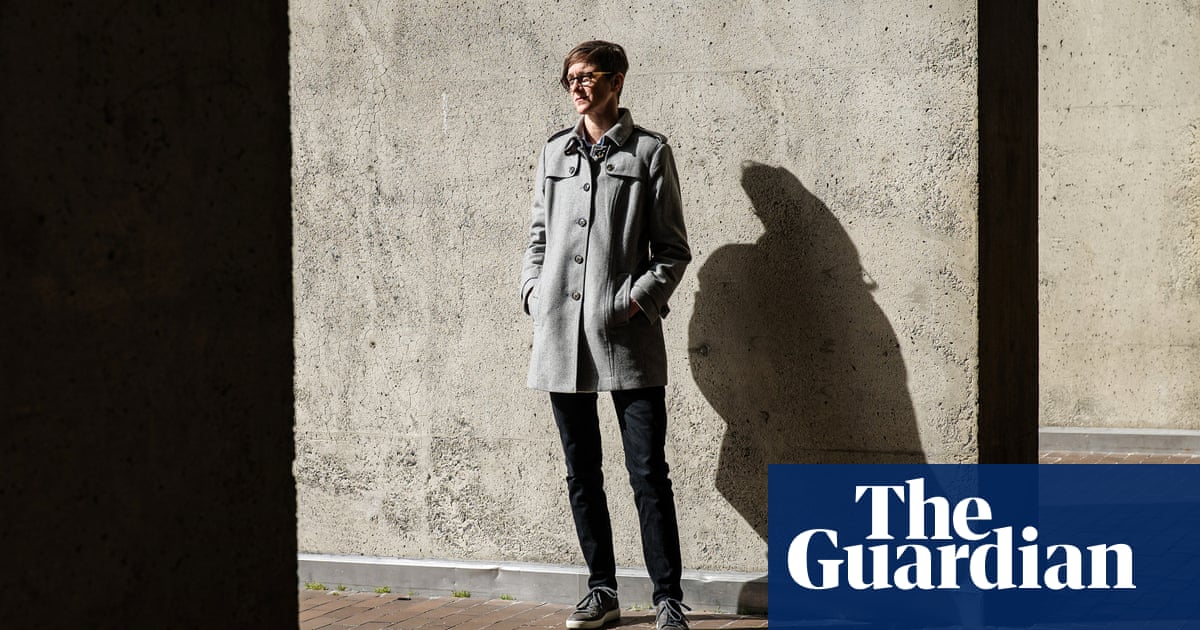- cross-posted to:
- news
- cross-posted to:
- news
Kate Starbird says attacks have made research difficult, and claims of bias arise because of prevalence of lies from the right
A key researcher in the fight against election misinformation – who herself became the subject of an intensive misinformation campaign – has said her field gets accused of “bias” precisely because it’s now mainly rightwingers who spread the worst lies.
Kate Starbird, co-founder of the University of Washington’s Center for an Informed Public, added that she feared that the entirely false story of rigged elections has now “sunk in” for many Americans on the right. “The idea that they’re already going to the polls with the belief that they’re being cheated means they’ll misinterpret everything they see through that lens,” she said.
Starbird’s group partnered with Stanford Internet Observatory on the Election Integrity Partnership ahead of the 2020 elections – a campaign during which a flood of misinformation swirled around the internet, with daily claims of unproven voter fraud.
Starbird and her team helped document that flood, and in return congressional Republicans and conservative attorneys attacked her research, alleging it amounted to censorship and violated the first amendment.



Oh no. All this “real world data” you’ve supplied. I can’t possibly keep my head above it and not drown in it… It is funny/terrifying you say “No difference in spread” though, given the second study above literally shows the difference in spread between areas that did and didn’t have mask mandates. Which you’d have known if you actually read em. And no, don’t say you did, cos if you did you woulda known one doesn’t even cover COVID. Which is just beautiful. We literally gave you the opportunity to counter us, and you didn’t do it cos you’re an idiot (yeah, I know it’s not nice to have tricked you twice, but if you weren’t such a tool, then maybe I woulda been nicer. But we both know you can’t be anything but the biggest tool this planet has seen, so that’s just wishful thinking). But thanks for confirming my assertion that “you know literally nothing about how science works”, I guess. Not that I needed it, it was most definitely not a long bow to draw…
And cos I know you’ll comment on it now, yeah, the study linked above doesn’t have any experimental data in regard to COVID19 specifically, but it sure as shit gets as close to it as it can. And anyway, you can’t provide any data to back your claim, so who gives a fuck if it was published super early in the COVID lifecycle, it still shits all over your compete lack of evidence to support your claim.
Removed by mod
Don’t have to, you literally can’t prove it. Which means you’re wrong.